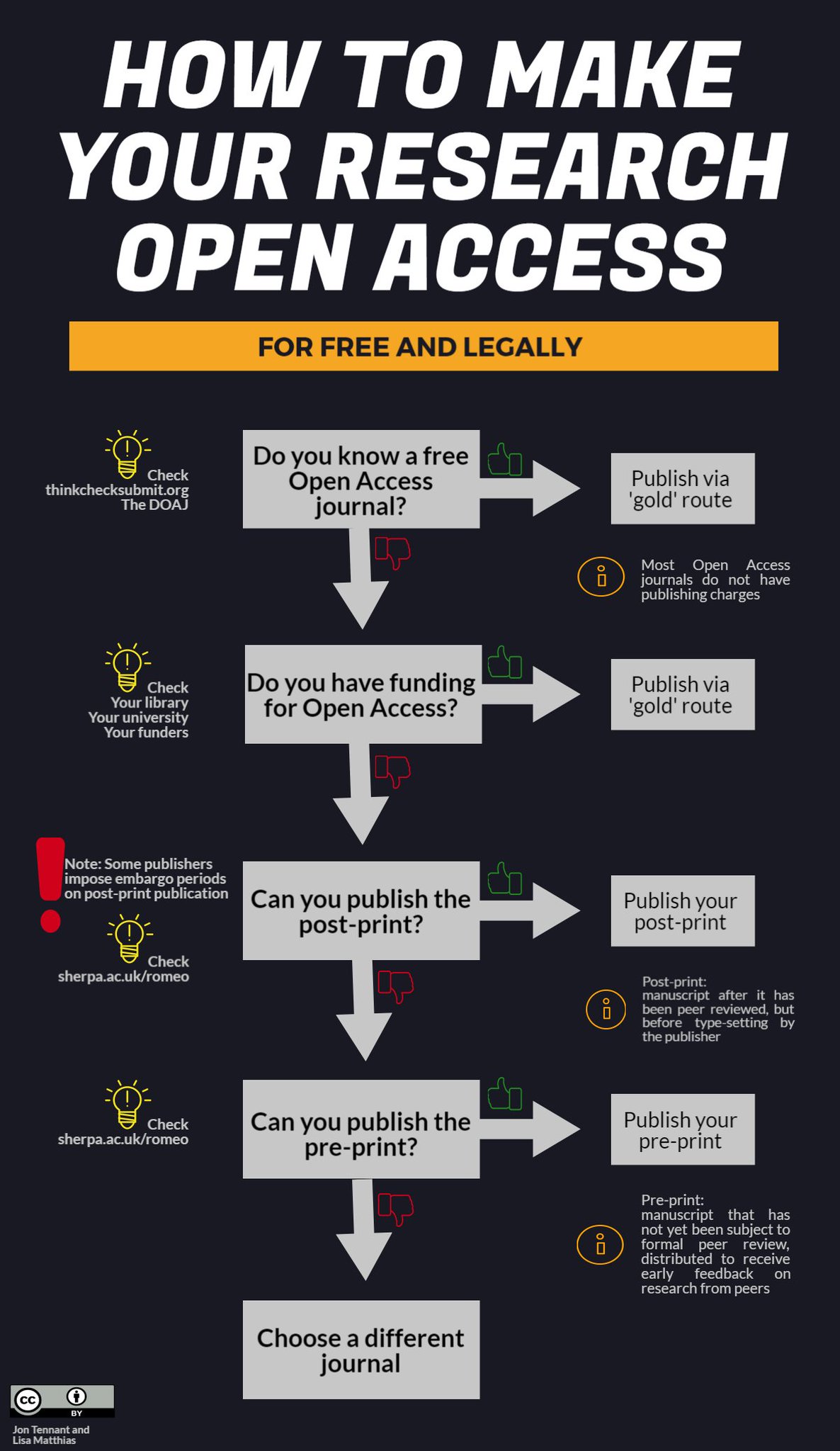To kick off the week, Stephen Hawking posted his 1966 PhD Thesis online saying “Anyone, anywhere in the world should have free, unhindered access to not just my research, but to the research of every great and inquiring mind across the spectrum of human understanding.”
“International Open Access Week is a global, community-driven week of action to open up access to research.”
A Very Brief Introduction to Open Access, by Peter Suber at http://www.earlham.edu/~peters/fos/brief.htm
“Open Access (OA) literature is digital, online, free of charge, and free of most copyright and licensing restrictions. What makes it possible is the internet and the consent of the author or copyright-holder. OA is entirely compatible with peer review, and all the major OA initiatives for scientific and scholarly literature insist on its importance. Just as authors of journal articles donate their labor, so do most journal editors and referees participating in peer review. OA literature is not free to produce, even if it is less expensive to produce than conventionally published literature. The question is not whether scholarly literature can be made costless, but whether there are better ways to pay the bills than by charging readers and creating access barriers. Business models for paying the bills depend on how OA is delivered.”
Open Access at NYMC
Limit your NYMC search results to Open Access articles only.
Explore who’s published from our community with TouroScholar.
Download Unpaywall or Open Access Button apps to your search browser and easily find full-text articles.
Use the Health Sciences Library’s Scholarly Communications Guide, which lists several tools that will help you navigate publishing and open access.
Want to learn more? Read these:
What concrete benefits can be realized by making scholarly outputs openly available?
London School of Economics and Political Science Impact Blog.
Imagining the “open” university: sharing scholarship to improve research and education.
Infographic on how to publish in open access.
